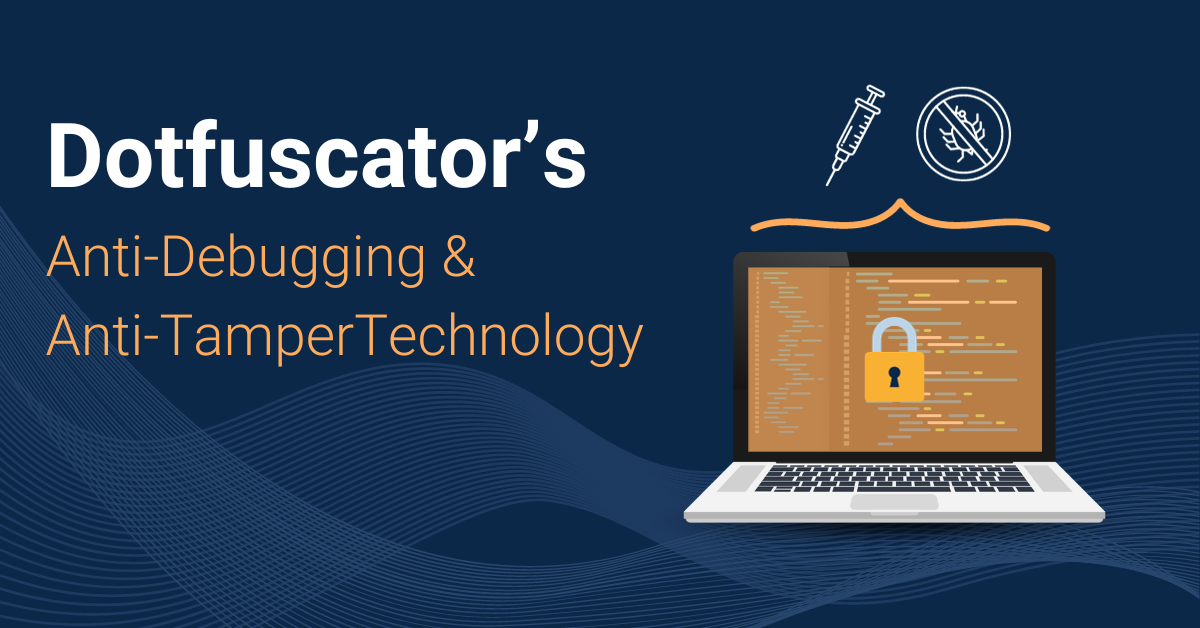- Offers one control to manage multiple, material risks – risks stemming from unauthorized data access, decompilation, application tampering, and unauthorized debugging.
- Combines real-time, cross-platform defenses with world-class monitoring and analytic solutions – integrates with preferred monitoring and analytics solutions from Microsoft, Google, New Relic and even Twitter.
- Does not require coding to secure and harden applications or the deployment of runtime agents to capture production attacks or Internet connectivity to report incidents.
- Fits seamlessly into your preferred DevOps and Application Lifecycle Management toolchain(s) and process(es).
- Is included as a standard feature in the latest release of Dotfuscator Professional – existing users have access to this powerful application and data protection functionality immediately.
- (We know the title is “Top 5 reasons,” but PreEmptive always works to exceed expectations) Native Android and Java developers have the identical capabilities available to them as well– utilizing PreEmptive Solutions DashO.
Your Security Is Our Success
At PreEmptive, we’re not just committed to upholding the gold standard; we’re driven to raise the bar even higher. If you’re a .NET programmer in need of the best source code security, let us show you what that’s all about. We invite you to witness Dotfuscator for yourself with a free trial.
